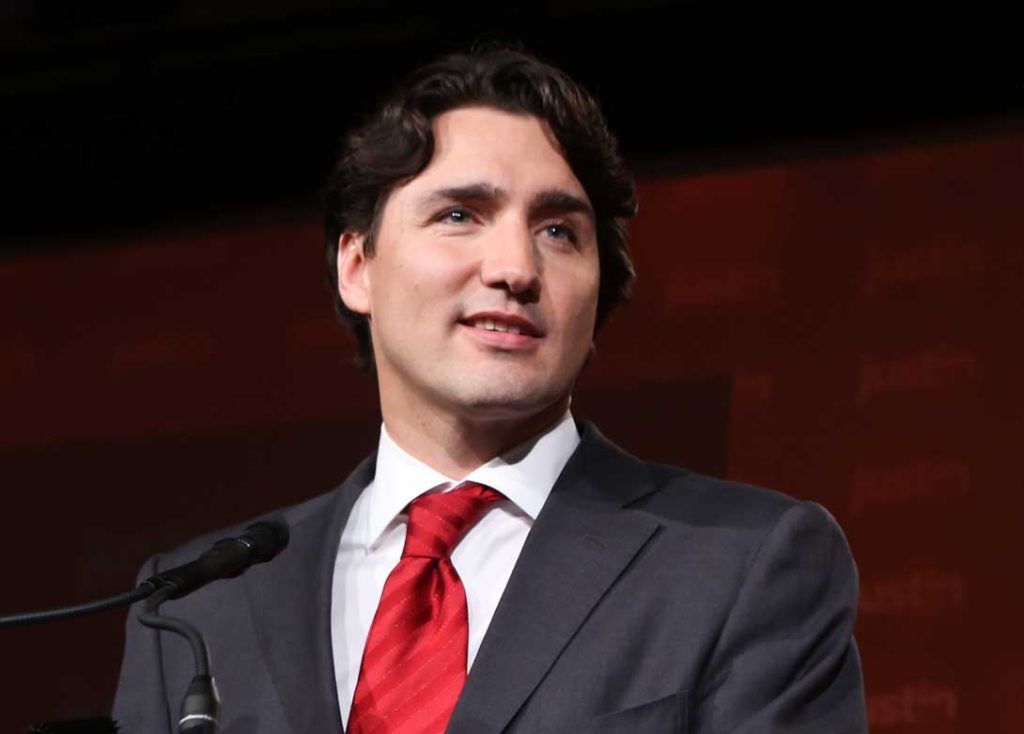Justin Trudeau has declared his intention to resign as the leader of Canada’s Liberal Party and as Prime Minister, concluding nearly ten years at the helm.

Speaking at a press conference outside his official residence, Rideau Cottage, Mr. Trudeau expressed a desire to allow his party to select a new leader through a ‘robust, nationwide, competitive process.’
He also announced the prorogation of Parliament until March 24, 2025, to allow for a leadership transition without immediate pressure from legislative duties.
Justin Trudeau’s decision to step down comes after intense internal strife within the Liberal Party, exacerbated by the unexpected resignation of his Deputy Prime Minister and Finance Minister, Chrystia Freeland, last month. Ms. Freeland cited policy disagreements, particularly concerning navigating the looming trade threats from US President-elect Donald Trump, who promised to impose a 25% tariff on Canadian goods.
How is the announcement being received in Canada?
Mr. Trudeau, in his speech, emphasized his commitment to serving Canada until a new leader is chosen, stating, ‘This country deserves a real choice in the next election, and it has become clear to me that if I’m having to fight internal battles, I cannot be the best option in that election.’
The Prime Minister’s announcement has been met with a mix of relief and reflection across the political spectrum.
Political analysts suggest that Justin Trudeau’s departure might not only reshape the Liberal Party but could also significantly impact the national political landscape. Conservative leader Pierre Poilievre, who has been gaining ground in polls, has already commented that Trudeau’s resignation changes nothing, pointing to the broader dissatisfaction with the Liberals’ performance over the past few years.
Mr. Trudeau, once celebrated for his youthful energy and progressive policies, has recently seen his approval ratings plummet. His administration has been criticized for its handling of the housing crisis, slow economic recovery, and the controversial approach to US President-elect Trump’s tariff threats.
Who is the next leader of the Liberal Party?
The process to select a new Liberal leader is now set to begin, with potential candidates like Dominic LeBlanc, who has taken over from Freeland as Finance Minister and Foreign Affairs Minister Mélanie Joly, being mentioned as possible successors. The leadership race will be crucial for the Liberal Party, which faces the challenge of unifying its ranks and regaining voter trust ahead of the next federal election, due by late October this year.
As Canada prepares for this transitional period, the political discourse will focus on economic recovery, international relations, particularly with the US, and domestic issues like housing and healthcare.
Mr. Trudeau’s legacy will be a topic of much debate, with his contributions to climate policy and support for Ukraine juxtaposed against criticisms of economic management and party cohesion.